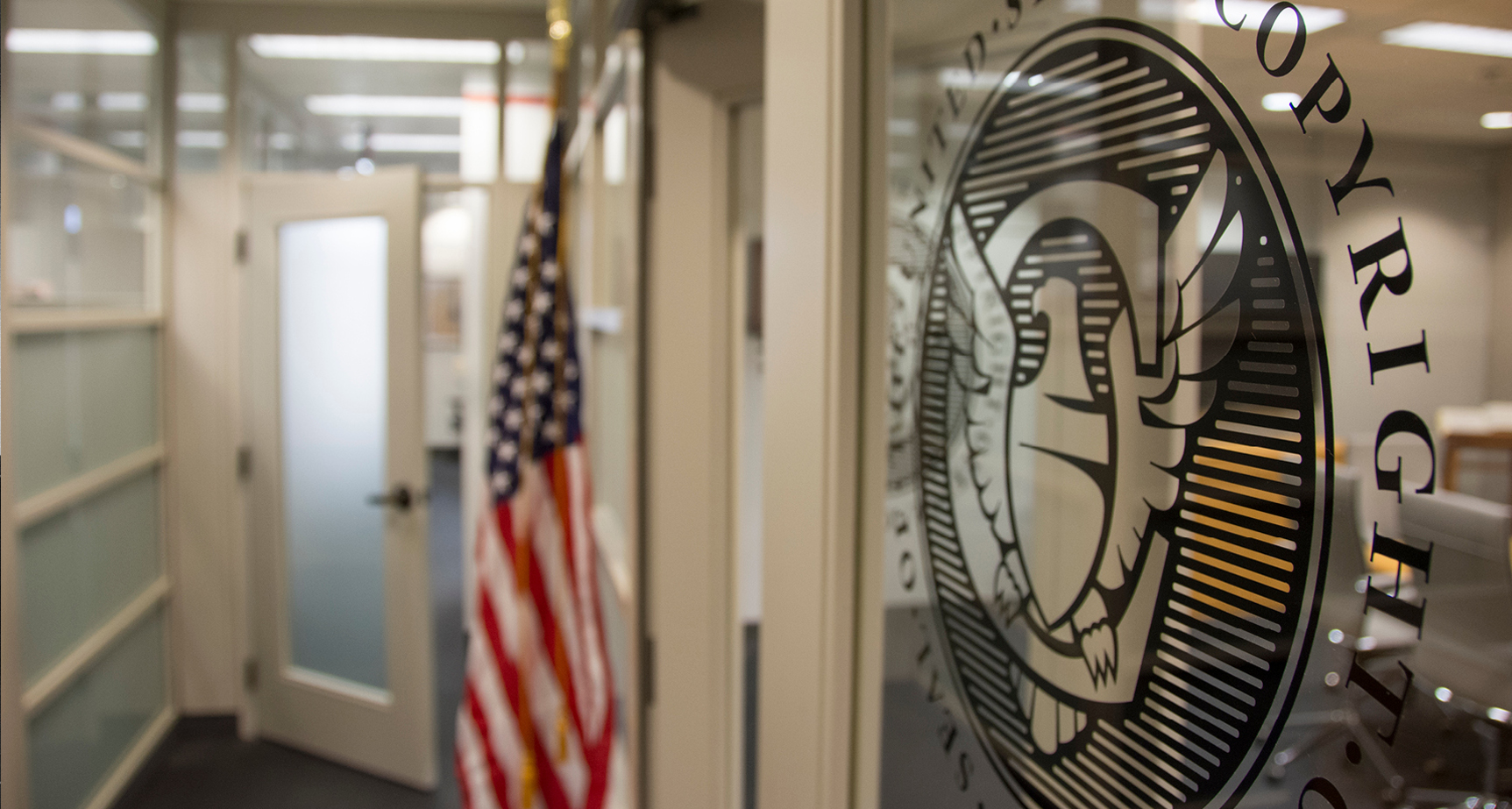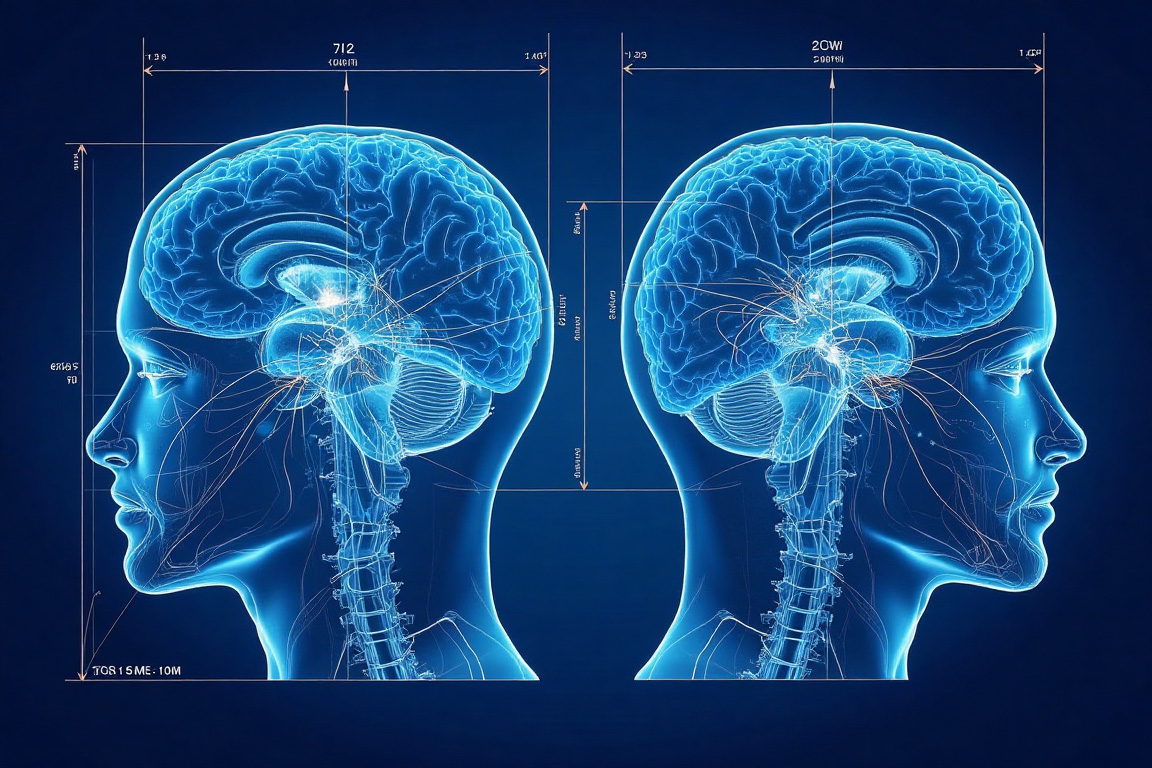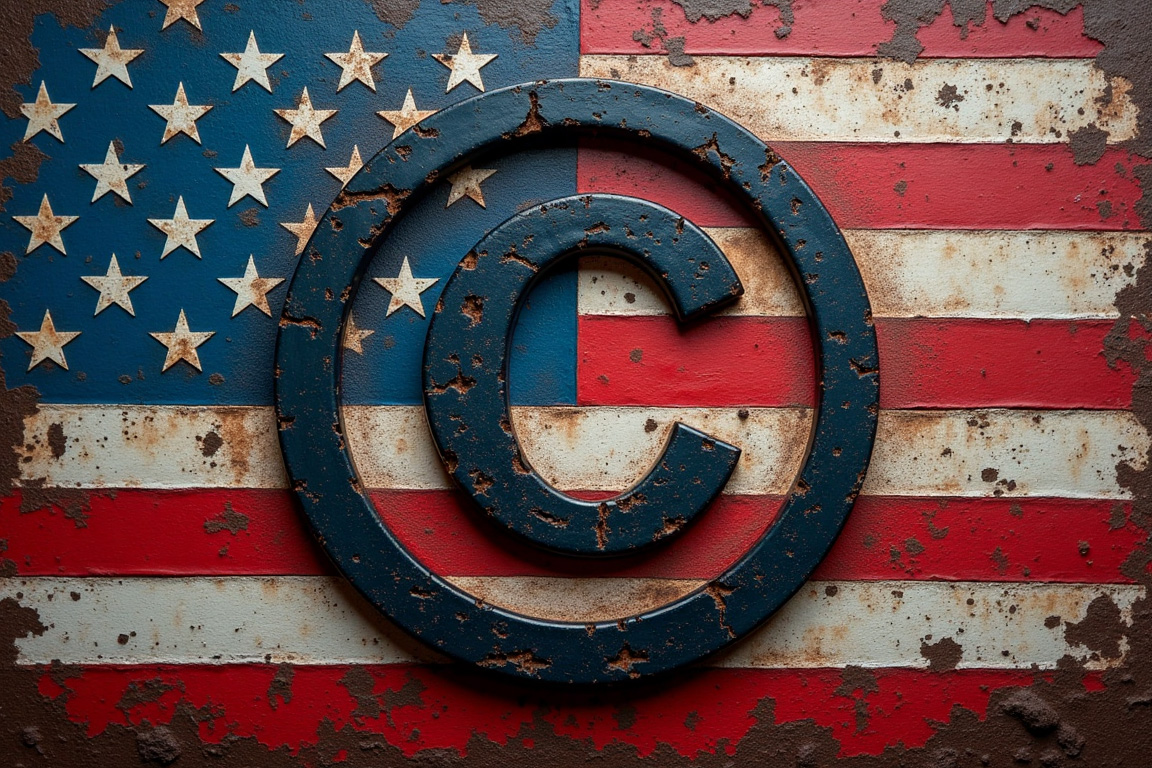What happened?
President Donald Trump dismissed two top officials overseeing U.S. copyright policy in the span of three days, removing Librarian of Congress Carla Hayden on Thursday and Register of Copyrights Shira Perlmutter on Saturday, as reported by Reuters and others. Hayden, appointed in 2016, was the first woman and African American to lead the Library of Congress, which also oversees the Copyright Office. Perlmutter, a specialist in intellectual property law, was selected by Hayden in 2020 to direct the Copyright Office. Her dismissal was confirmed by a spokesperson and delivered via email from the White House.
Perlmutter’s removal followed the release of a Copyright Office report examining how copyright law applies to artificial intelligence training. The report warned that using large volumes of copyrighted material to generate commercial content could exceed fair use protections, especially when done without legal access. While the report stopped short of recommending government action, citing ongoing licensing efforts, its conclusions raised concerns among some lawmakers and industry observers. They speculated that Perlmutter’s firing may have been linked to the report’s implications for AI companies relying on copyrighted data.
The firings have sparked competing interpretations. Some sources told The Verge they believe the moves were influenced by tech industry figures, including Elon Musk and David Sacks, who allegedly sought to eliminate regulatory resistance to AI training practices. Lawmakers such as Senator Ron Wyden and Representative Joe Morelle suggested the dismissals served political and commercial interests tied to Trump’s campaign supporters, which the considered especially likely after Trump appointees attempted to enter the copyright office. However, others in conservative and populist circles viewed the firings as a misstep, accusing Silicon Valley of overreach. Critics, including Mike Davis of the Article III Project, warned that the tech sector is attempting to exploit creators’ rights for profit—an accusation Trump appeared to endorse by reposting Davis’s remarks.

The U.S. Copyright Office. (Source: copyright.gov.)
What does the report say?
The report (the final part of a three-part report on copyright and AI), outlines how various stages of training generative AI systems may involve acts that will be affected by copyright law, including: data collection, curation, training, Retrieval-Augmented Generation (RAG), and the generation of outputs. During training, datasets are downloaded and copied to storage, and portions of copyrighted works may be temporarily reproduced when processed in batches. The report also notes that copying model weights could raise concerns if they retain memorised examples.
The report examines how the four factors of fair use (the purpose and character of the use, the nature of the copyrighted work, the amount and substantiality of the portion used, and the effect of the use upon the potential market for the copyrighted work) apply to AI training. It stresses that fair use is a flexible legal doctrine requiring case-by-case evaluation but rejects the idea that using copyrighted material for AI training is automatically transformative, especially when outputs closely resemble original works. Such outputs may infringe on reproduction and derivative rights, and the report also highlights the potential market harm when AI-generated content, such as article summaries, is substituted for the original material.
In addition to legal analysis, the report explores licensing options, noting that voluntary licensing is already in use in some sectors, such as image and audiovisual content. While it considers alternatives like compulsory licensing and extended collective licensing, it expresses caution about fixed licensing terms that may limit market flexibility. The report also discusses a possible statutory opt-out for copyright holders, acknowledging differing views on its fairness and feasibility.
What are the implications?
After the firings of Carla Hayden and Shira Perlmutter, two men—Paul Perkins, Brian Nieves, both of whom report to Todd Blanche, the U.S. Deputy Attorney General—arrived at the Library of Congress claiming to have been appointed to leadership roles. Perkins and Nieves presented themselves as acting heads of the Copyright Office, while Blanche was to be the putative acting Librarian of Congress according to The Verge. The Justice Department confirmed their appointments, but Capitol Police reportedly blocked their access to the Copyright Office. The new appointees were described as lacking relevant experience and as being unsympathetic to the tech industry’s interests in generative AI and probably pushed by conservative elements of the content industry who are furious at Big Tech's attempt to water down copyright protections: Elon Musk is viewed, rightly or wrongly, as involved in a power play to water down copyright regulation in the USA, which affects conservative publishers as much as liberal ones. Meanwhile, Robert Newlen, Hayden’s former deputy, told staff no official personnel changes had been communicated by Congress.
The legality of these firings and appointments has drawn scrutiny. Senators Adam Schiff and Chuck Schumer called Perlmutter’s dismissal unlawful, arguing that Congress intentionally shielded the Copyright Office from political interference. Legal experts echoed concerns, noting that the president may not have the authority to remove officials from a legislative branch agency. By law, the Librarian of Congress—not the president—appoints the Register of Copyrights. The rapid personnel changes and conflicting claims of authority have raised constitutional questions about executive power and the independence of congressional institutions.
This article was co-created with AI.


